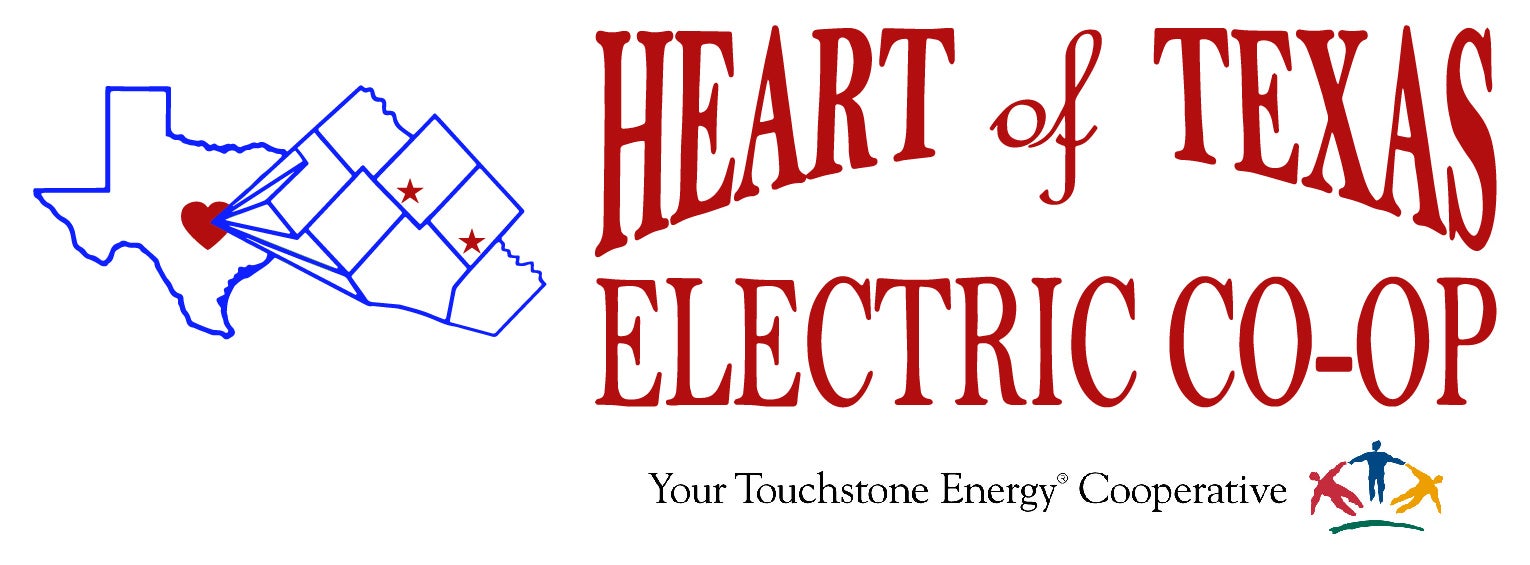What are Capital Credits?
A cooperative does not earn profits in the sense that other businesses do. Instead, any margins or revenues, remaining after all expenses have been paid, are returned to members in proportions to their electric usage through capital credit allocations and retirements. Capital Credits represent each member's share of the cooperative's margins and ownership of the co-op.
Every business needs to maintain a suitable balance between debt and equity to ensure its financial health and stability. Capital credits are the most significant source of equity for most electric cooperatives. Equity is used to help meet the expenses of the co-op, such as paying for equipment and repaying debt. Capital credits help keep rates competitive by reducing the amount of funds that must be borrowed.
Capital credits are allocated to each member based on the amount of electricity they use for the year. The board of directors determines whether the co-op's financial position permits the return, or retirement, of capital credits and, if so, what amount of capital credits will be retired. The method of return is also determined by the board of directors. HOTEC uses the First In/First Out discount method. That means that the capital credits that have been invested in the cooperative for the longest period of time are returned to members first based on a net present value method.
A member who terminates service no longer receives additional capital credit allocations. The balance in the member's capital credit account is retired as the account becomes eligible until the account is retired in full. A former member should keep the co-op advised of their correct mailing address so that they are sure to receive future capital credit refunds.
Capital credits in a member's account belong to the member's estate. In order to assist the member's heirs in closing the estate, a retirement of the remaining balance can be made at a 75% discount. In other words, we will pay 25% of the total in the account.
In the interest of fairness to all members, the retirements are discounted to reflect the net present value of making a capital credit retirement now that would otherwise be made at a later date. The smaller amount received today, if invested until the normal retirement date, would be equal to the normal retirement amount.
The board of directors has a fiscal responsibility to maintain the financial integrity of the cooperative in a way that provides competitive rates and allows the return of capital credits to members. Having a sound equity management plan and a commitment to serving the members are key to achieving this.
Capital credits are a return of money paid for electricity in a previous year and are generally not taxable income for residential members. Commercial and industrial consumers should discuss any capital credit retirements with their tax advisers. We do not mail any information to the IRS.
